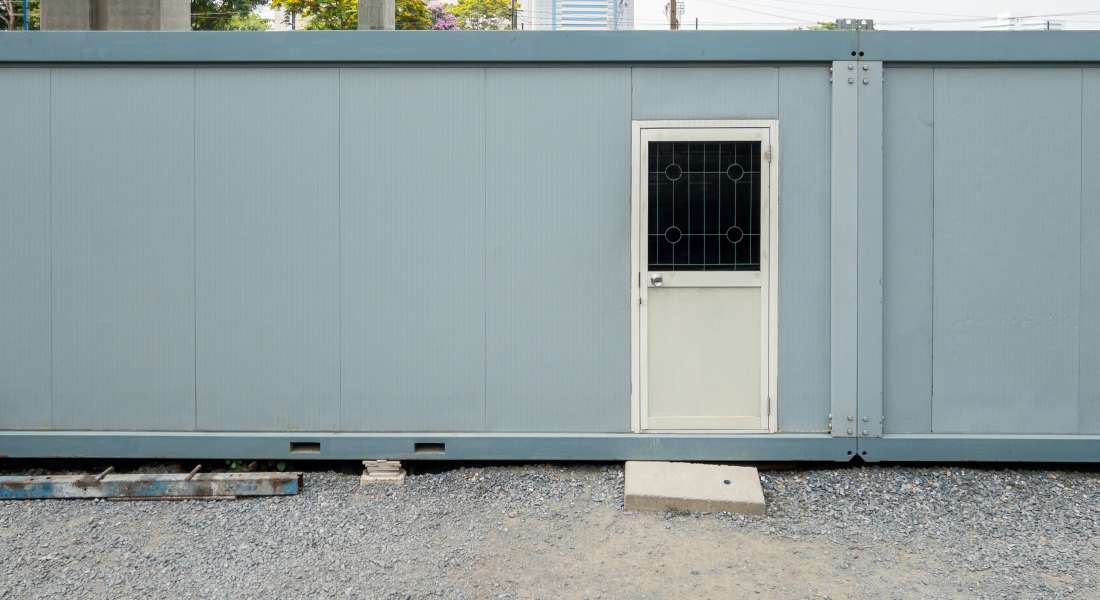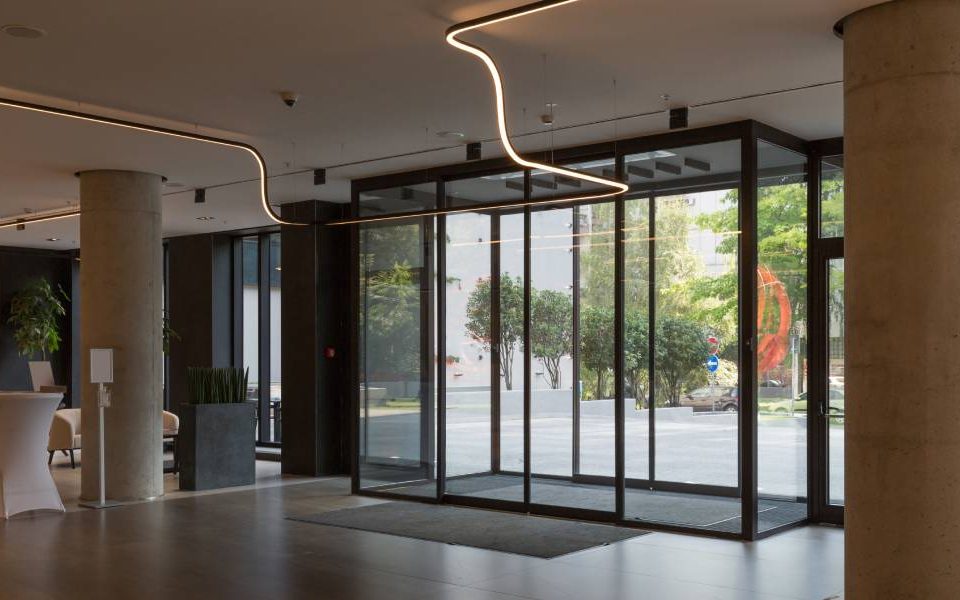Critical Advice Before Renting a Temporary Office
There’s a slight rise in demand for temporary office spaces. Whether due to expansion, renovation, or unexpected circumstances, small business owners and office managers often find themselves searching for flexible solutions.
Yet, choosing the right temporary office is no small feat, especially in troubling economic waters. With so many factors to consider, from cost to location, many find themselves overwhelmed. This guide offers critical advice before renting a temporary office, ensuring you make informed decisions every step of the way.
Evaluate Your Staff’s Needs
Before you start looking at office spaces, assess your workflow and staffing needs. Determine the size and layout that will best support your team’s productivity. Will you need several workstations, or will a smaller space suffice? Consider the infrastructure requirements, such as internet connectivity and power outlets.
The amenities available, such as conference rooms or break areas, are also important factors. The right setup can greatly affect employee satisfaction and efficiency. Always start with a checklist of essentials before you begin your office search.
Location, Location, Location
One of the most critical factors in office selection is the location. A well-situated office benefits your employees and enhances client access. Choose a location that aligns with your target market. Being in a well-connected area will improve the ease with which clients or partners visit.
A prime location can also reduce commute times for your staff, boosting morale and productivity. Always consider proximity to amenities like cafes and public transport, which ultimately add value to your rental and location choice.
Don’t Ignore Your Budget
Careful budgeting is essential when renting temporary office solutions. Start by listing all potential costs, including rent, utilities, and any additional fees. Hidden charges add up quickly, so a thorough review of the lease will save unexpected expenses.
Set a realistic budget that prioritizes your needs over your wants. Avoid paying for features you won’t use. A commercial trailer leasing service provider with a great selection of mobile offices and containers offers cost-effective solutions for businesses on a budget.
Master Lease Negotiations That Work for the Situation
Effective negotiation leads to favorable lease terms. Research comparable office spaces to make sure you’re getting a fair deal. Understanding market rates also gives you ample leverage. Be clear about your needs and ask for terms that align with your business goals—remember, this is a temporary solution, not a permanent one.
Avoid common pitfalls, such as agreeing to lengthy terms that lack flexibility. Clear communication with your service provider or landlord is vital to establishing a mutually beneficial agreement. Competent negotiations result in savings and a more suitable office solution.
Comfort and Functionality Are Essential
Your temporary office should offer comfort and functionality. Make sure it has adequate heating, air conditioning, and lighting. An inviting space will positively influence employee well-being. Consider ergonomic furniture to support health and productivity. Layout plays a part, too; open plans might foster collaboration, while private areas will reduce noise distractions.
Renting a temporary office space involves careful consideration and the right advice. By understanding your needs, prioritizing location, budgeting wisely, and negotiating effectively, you will secure a space that meets your business’s evolving requirements.




